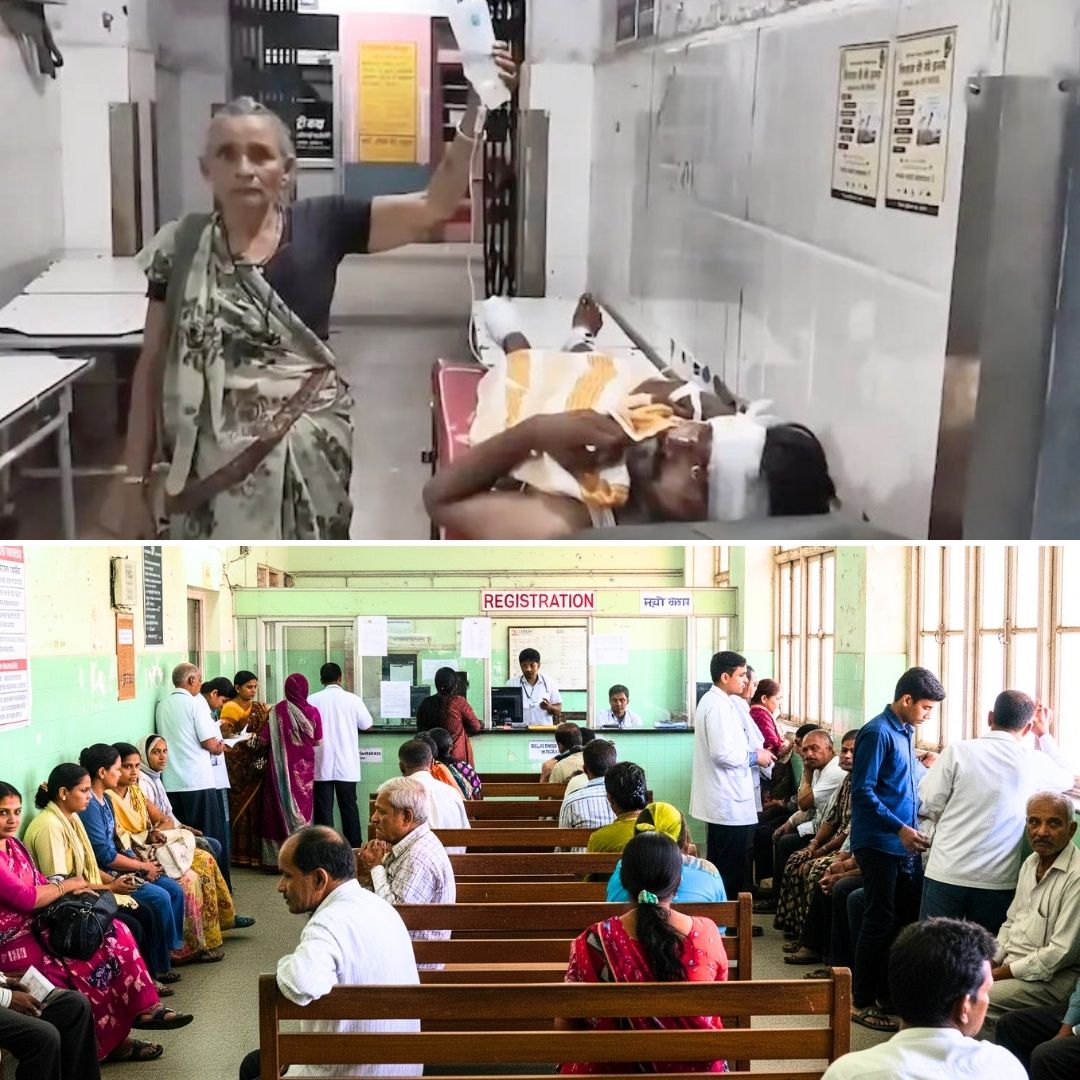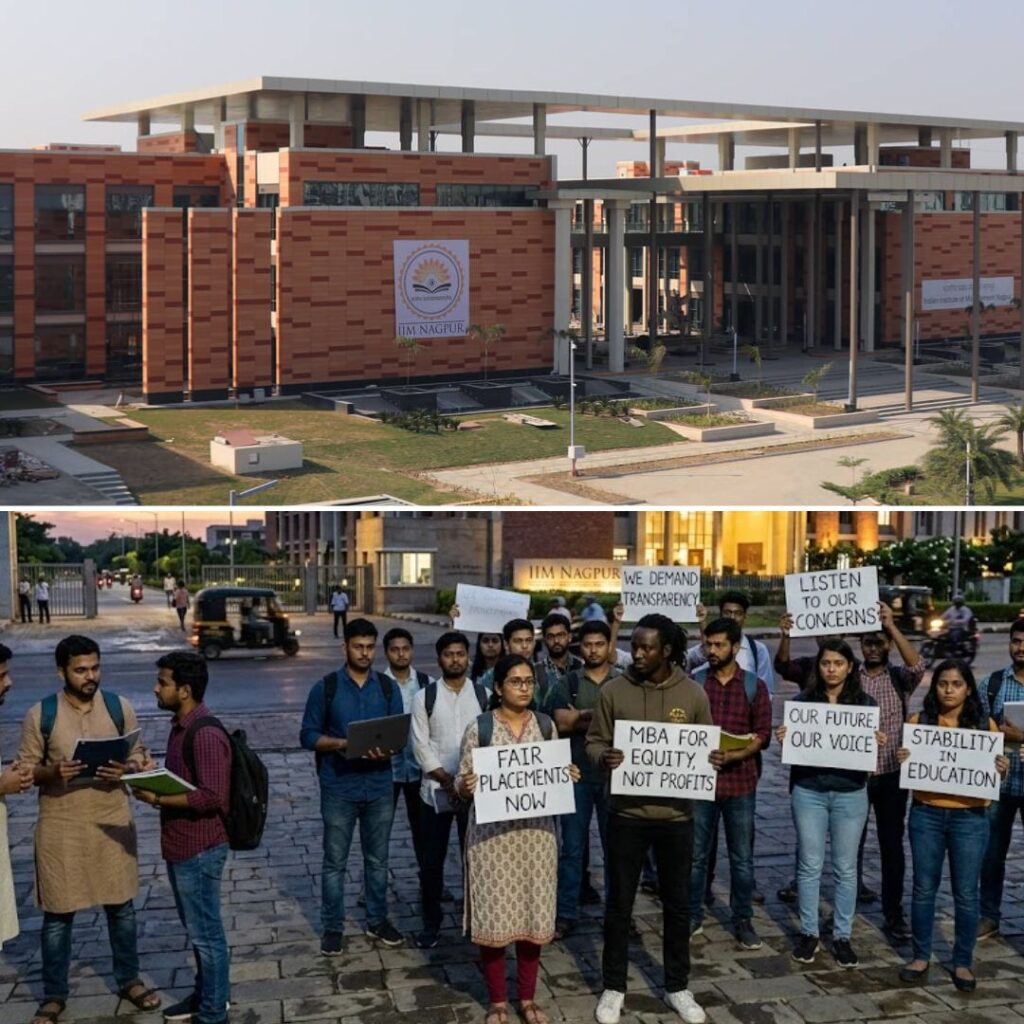At Sardar Vallabhbhai Patel District Hospital in Satna, Madhya Pradesh, a 72-year-old grandmother was allegedly was seen holding a drip bottle for her injured grandson for nearly 30 minutes after hospital staff allegedly failed to provide a drip stand.
The patient, 35-year-old Ashwani Mishra, was admitted following a road accident but had to be supported by his grandmother due to the hospital’s negligence. While eyewitnesses condemned staff apathy, hospital officials denied any shortage of drip stands and maintained that treatment was provided promptly.
Allegations of Negligence and Eyewitness Accounts
Family members and eyewitnesses expressed shock and anger over the grandmother’s ordeal, highlighting the vulnerability of elderly caretakers left to manage critical patient needs themselves. They described the woman’s trembling hands holding the drip bottle as a painful symbol of neglect within public healthcare.
Additional distress arose when the ambulance transporting the injured man broke down at the hospital gate, requiring bystanders to push it to resume movement. Such incidents point to broader issues of inadequate infrastructure and emergency preparedness at the hospital, which handles large patient volumes daily.
Hospital Official’s Response and Denial of Shortage
Hospital authorities have firmly denied any claims of equipment shortages or negligence. They emphasised that there were sufficient drip stands available at the hospital and that the injured patient received treatment within 5 to 7 minutes of arrival.
Officials clarified that the grandmother voluntarily held the drip bottle as part of assisting the medical team and reiterated the hospital’s commitment to providing prompt care. This response, however, has done little to assuage public concern, as eyewitnesses continue to question the hospital staff’s attentiveness throughout the incident.
Systemic Healthcare Challenges in Public Hospitals
This incident lays bare persistent challenges faced by government healthcare facilities across India, particularly in district hospitals where resource limitations and heavy workloads hinder service delivery. While the dedication of frontline workers is undeniable, structural shortcomings in equipment availability, staff training, and patient management protocols contribute to lapses in care.
It is crucial to enhance hospital infrastructure, ensure adequate medical supplies, and foster a culture of empathy and responsiveness.
The Logical Indian’s Perspective
The Logical Indian calls for an urgent dialogue on improving public health services to prevent such distressing experiences from recurring. Respecting and supporting patients and caregivers alike should form the cornerstone of healthcare delivery.













